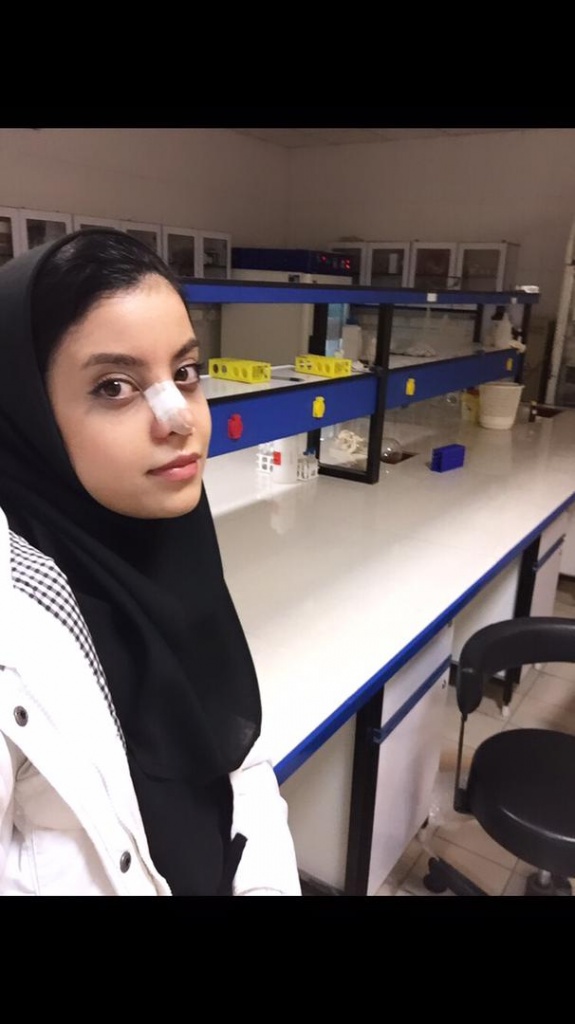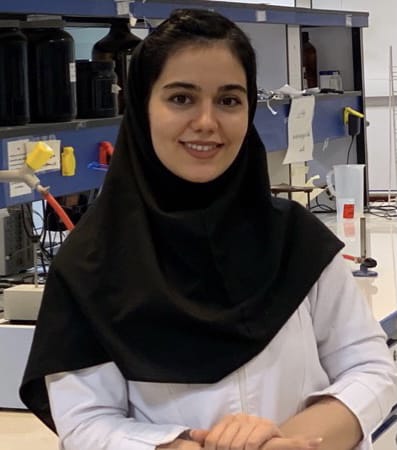We focus on improving biological and chemical methods to convert plant material into advanced biofuels or valuable chemicals that can replace petroleum. Basic research discoveries that enhance the efficiency and sustainability of biomass conversion can break down barriers to developing economically viable biofuels technologies.
Research

Interests
- Biofuels
- Environmental Biotechnology
- Renewable Energy
- Lignocellulose Bioconversion

Recent Projects

The acetone–butanol–ethanol (ABE) production was prospered during the early twentieth century from molasses and starchy materials to be evolved as a second largest industrial fermentation process in the world after ethanol. However, due to progression of the petrochemical industry, low solvent yields, and increase in the feedstock cost, the ABE fermentation process had lost its competitiveness by 1960s. The continual depletion of fossil fuels and highly fluctuating market prices of crude oil reserves in the recent years again attracted an attention toward reviving this process. Low conversion rates of conventional fermentative technologies which result in the economically non-feasible large-scale production demand the modifications in the process development for its efficient and economic production. Substrate for biobutanol production plays a crucial role in the economics of the process. Hence, the utilization of relatively low cost lignocellulosic materials has recently been suggested for improving the economy of biobutanol production. Different processes were evaluated for efficient conversion of lignocellulosic materials, i.e., agricultural residues, softwoods, and hardwoods, into acetone, butanol, and ethanol.

The moderately halophilic bacterium Nesterenkonia sp. strain F, isolated from Aran-Bidgol Lake (Iran), had the ability to produce acetone, butanol, and ethanol (ABE) as well as acetic and butyric acids under aerobic and anaerobic conditions. It is not only the firstly reported ABE production with a wild microorganism from a family other than clostridia, but also the first halophilic species for the production of butanol under aerobic cultivation which could be of great importance in the future of this industry. The enzymes pertaining to the fermentation pathway in the strain were compared with that of Clostridium spp., and the metabolic pathway of the fermentation by Nesterenkonia sp. strain F was investigated.

The petroleum is currently used to produce a vast range of fuels, chemicals, and products represents about 3 gallons of petroleum each day for every man, woman, and child. Most countries has a fundamentally petroleum-based economy. The enormous demand for transportation fuels and consumer goods around the world shows the vital importance of developing alternatives for current volatile petroleum resources. The solution for altering the resource for dramatic demands are based on many methods and will require creative use of existing infrastructure and development of a new biorefinery infrastructure. In addition, moving toward domestic production of fuel and chemicals from lignocellulosic biomass sources has environmental, economical, and security advantages. For instance, production of 5-Hydroxymethylfurfural (HMF) and Furfural as building blocks for production of different chemicals and fuels has been studied in single phase and bi-phasic systems.

Efficient and inexpensive hydrolysis of lignocellulosic materials is one of the main obstacles in the production of renewable fuels and chemicals. Cellulose, an unbranched polymer of a β(1→4) D-glucopyranosyl unit, has a strong tendency to form a highly ordered structure as a result of its chemical constitution and spatial conformation. A tight packing arrangement of cellulose fibrils in complex crystalline domains makes the conversion of native cellulose inefficient. In order to disrupt the crystalline structure and make the cellulose more amenable to conversion, several methods have been introduced for the pretreatment of cellulosic materials prior to enzymatic hydrolysis.
Research Group

Ehsan Eini
M.Sc. student ``Biorefinery approach for valorization of lime waste using microbial production of xanthan gum and limonene extraction``

Hadis Sadat Razavi
M.Sc. student ``Hemicellulosic gums production``

Ehsan Kargaran
M.Sc. student ``enhancement of fermentative butanol production from potato peel waste (PPW) by using vaccum membrane distillation (VMD) process for in-situ product recovery``

Maryam Saleknezhad
Ph.D candidate``Enhanced biobutanol production from lignocellulosic material by culture of Clostridium acetobutylicum and removal of lignocellulosic inhibitors by adsorption techniques.``

Milad Jafari
Ph.D candidate``Biohydrogen production``

Seyed Ali Hosseini Nezhad
M.Sc. student `` Enhanced butanol production from potato peel waste by co-culture of Clostridium acetobutylicum and Nesterenkonia sp. Strain F``

Maryam Javanmard
M.Sc. student `` Techno-economic and life cycle assessment of biobutanol production from rice straw with a focus on pretreatment stage``

Melika Javanmard
M.Sc. student ``Experimental assessment of co-solvent pretreatment (CELF) for butanol production from rice straw ``

Shamim Farokhmanesh
M.Sc. student `` Enhanced butanol production from Municipal Solid Waste``

Afrouz Khalili samani
Ph.D. candidate `` Enhanced microbial production of butanol from complex waste in advanced biorefineries``

Ramin Rezahassani
M.Sc. student ``Fermentative production of butanol and chemical production of biodiesel using municipal solid waste as substrate``

Nahid Bahrami
M.Sc. student `` Optimization of xanthan gum production using lignocellulosic materials as substrate``
Forough Khalili
M.Sc. student ``Autohydrolysis for ABE production``
Farshad Lolasi
M.Sc. student, ``Use of Nesterenkonia sp. in a Biorefinary concept``

Mehran Seifollahi

Ehsan Kazemi
M.Sc. student ``Bio-memetic catalysts for hemicellulose recovery and butanol production``

Azadeh Farahani
M.Sc. student ``Biological delignification for biobutanol production``

